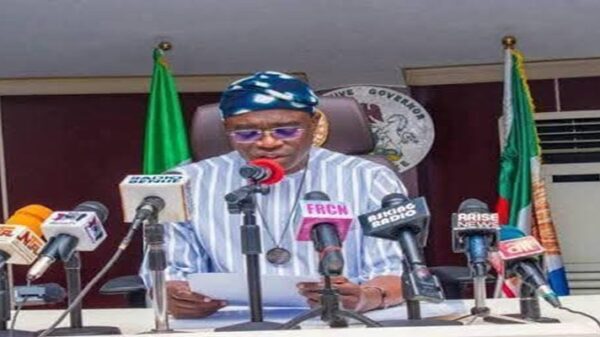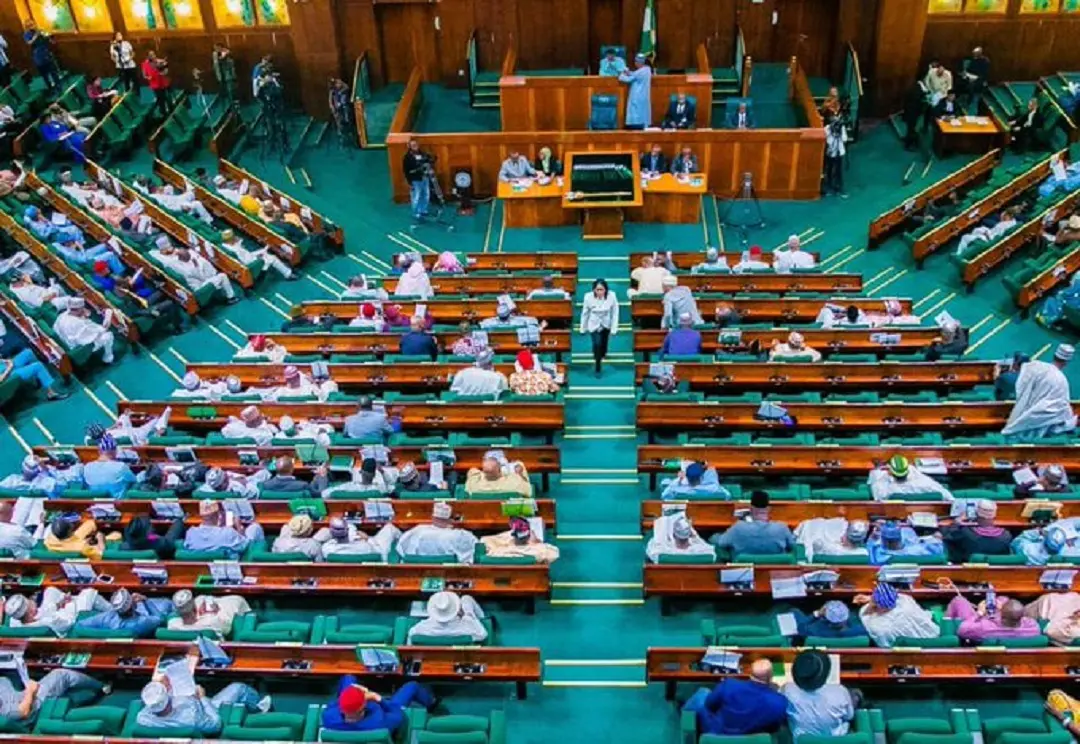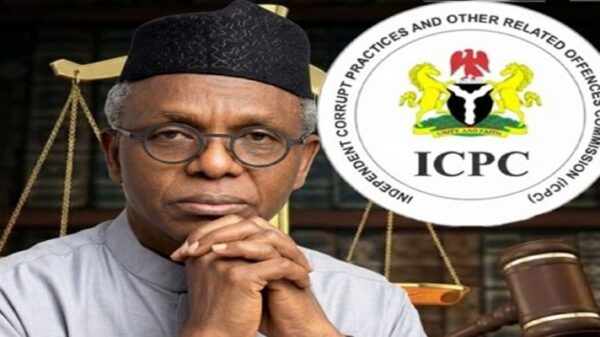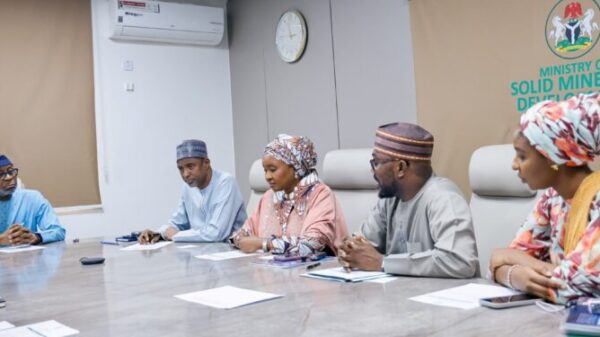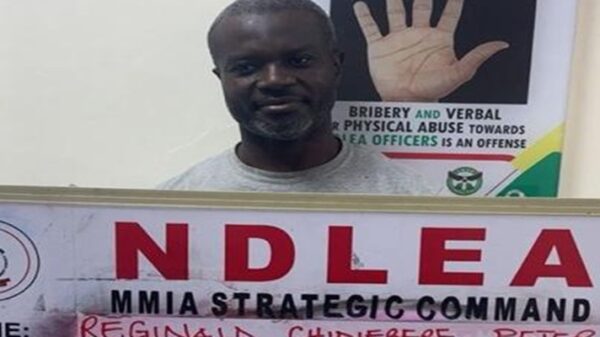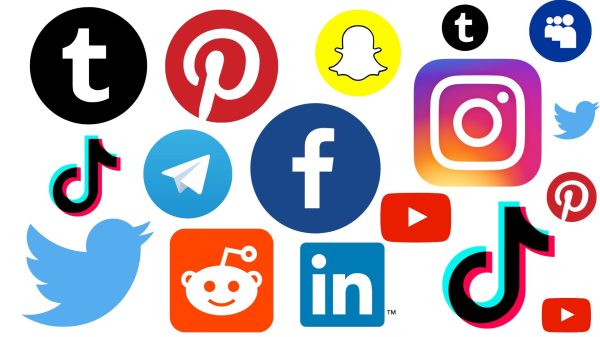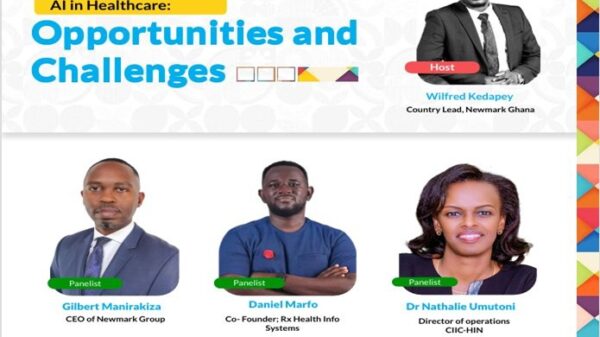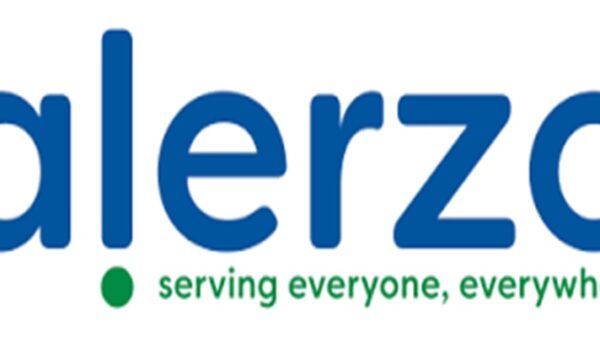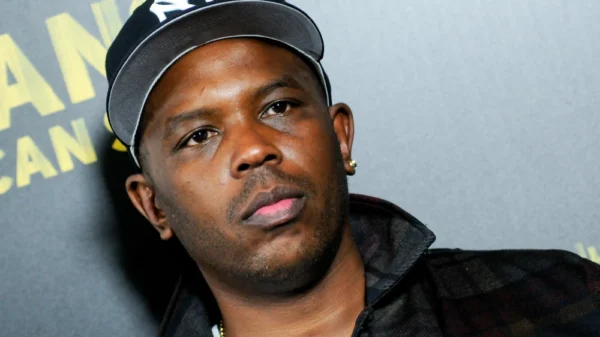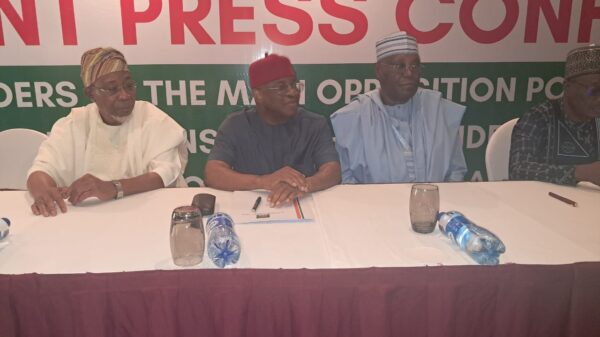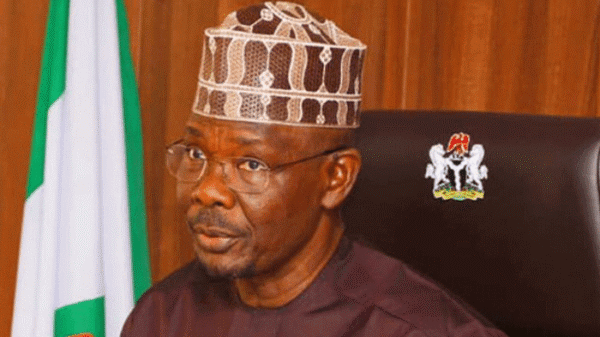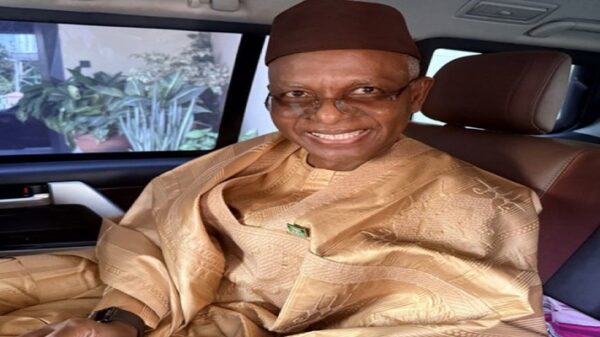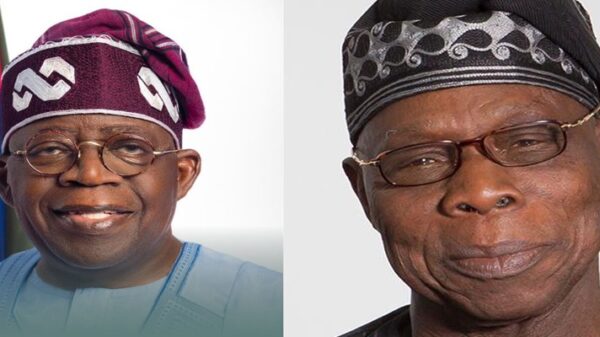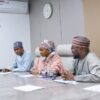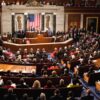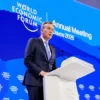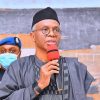BHM the African communications services company, today published a groundbreaking white paper that establishes Africa’s first comprehensive AI Ethics Readiness Framework specifically designed for the continent’s marketing, media, and communications sectors.
Titled “AI Ethics in Africa’s Media and Communications Landscape: A Readiness Framework for 2026 & Beyond,” the white paper addresses the urgent need for a proactive, culturally-grounded approach to AI governance as Africa rapidly integrates artificial intelligence into its burgeoning digital landscape.
The white paper, authored by Femi Falodun, Executive Director at BHM, and PhD candidate at Kent Business School, University of Kent, reveals a significant readiness gap between the pace of AI adoption and the industry’s preparedness for its ethical challenges. Drawing on insights from BHM’s AI literacy and readiness survey of professionals across Nigeria, Kenya, Ghana, and South Africa, the research indicates that while professionals are actively experimenting with AI tools, a majority feel ill-equipped to manage critical risks.
Read Also: Allison, BHM Partner to Host ‘Africa Breakfast Convos’ @UNGA79
Key findings include: 73% of respondents are only “somewhat confident” in identifying potential cultural bias in AI-generated content; 66% are only “somewhat equipped” to detect AI-generated misinformation or deepfakes; and a staggering 90% of organisations and sectors are not adequately prepared for upcoming AI regulations.
“As Africa stands at a critical ethical crossroads in AI adoption, we have a unique opportunity to leapfrog global trends and establish ourselves as leaders in responsible, human-centric AI,” says Ayeni Adekunle, BHM Founder and CEO. “This white paper is not just about keeping pace with technology; it’s about defining how AI should be used responsibly in our industry while staying true to African values and cultural principles. We are positioning Africa at the centre of global AI ethics discourse, ensuring that our voices, values, and perspectives help shape the future of this transformative technology.”
At the heart of the white paper is the OMOLUABI-AWARE Model, a proprietary assessment framework that uniquely integrates global AI standards with African cultural values. Grounded in BHM’s People Before Profit philosophy, the model draws from the concept of Omoluabi (representing moral character and ethical living) and Ubuntu principles of collective responsibility, alongside other traditional African philosophies.
The framework encompasses 13 critical dimensions, including Origin & Cultural Sensitivity, Misinformation & Narrative Control, Objective Understanding & Digital Literacy, Language & Representation Awareness, User Privacy & Data Protection, Accountability & Transparency, Bias Detection & Mitigation, Integrity in AI Interactions, Accessibility & Inclusion, Workforce Readiness, Accountable Governance, Responsible Innovation, and Ethical Leadership.
“The integration of African ethical principles with global AI standards represents a significant advancement in how we approach technology governance,” says Femi Falodun, Executive Director, BHM and author of the white paper. “This framework doesn’t just adapt Western models, it creates something genuinely innovative that reflects Africa’s unique cultural context while setting new global benchmarks for ethical AI adoption.”
The OMOLUABI-AWARE Framework serves as a first-of-its-kind source of credible local insights to aid strategic planning for marketing and communications industry stakeholders within and outside Africa. It addresses critical areas, including bias detection, misinformation control, data privacy protection, cultural sensitivities, transparency requirements, and governance frameworks, all tailored to African and emerging market contexts.
The white paper provides a strategic implementation roadmap for 2026 and beyond, with actionable recommendations for government and policy makers, business leaders and organisations, media and communications professionals, and media content consumers.
“Africa has the opportunity to lead the world in demonstrating how technology can be harnessed responsibly while preserving cultural identity and prioritising human welfare,” Ayeni adds.
Read Also: BHM Cements Its Place Among Africa’s Business Elite with Financial Times Ranking
The white paper serves as a call to action for multi-stakeholder collaboration to build a sustainable and inclusive AI ecosystem. It is a guide for harnessing AI’s transformative potential to not only drive economic growth but also to protect and enrich the diverse cultures and shared future of African people, positioning the continent as a global standard-bearer for ethical AI.
This milestone builds on BHM’s track record of producing industry-defining research, including the Africa PR and Communications Report, Concept of Virality, Nigeria PR Report, UK Cost of Living Report, among other projects.
The white paper is available for download at: bhmng.com/AIEthicsWhitePape
![]()

